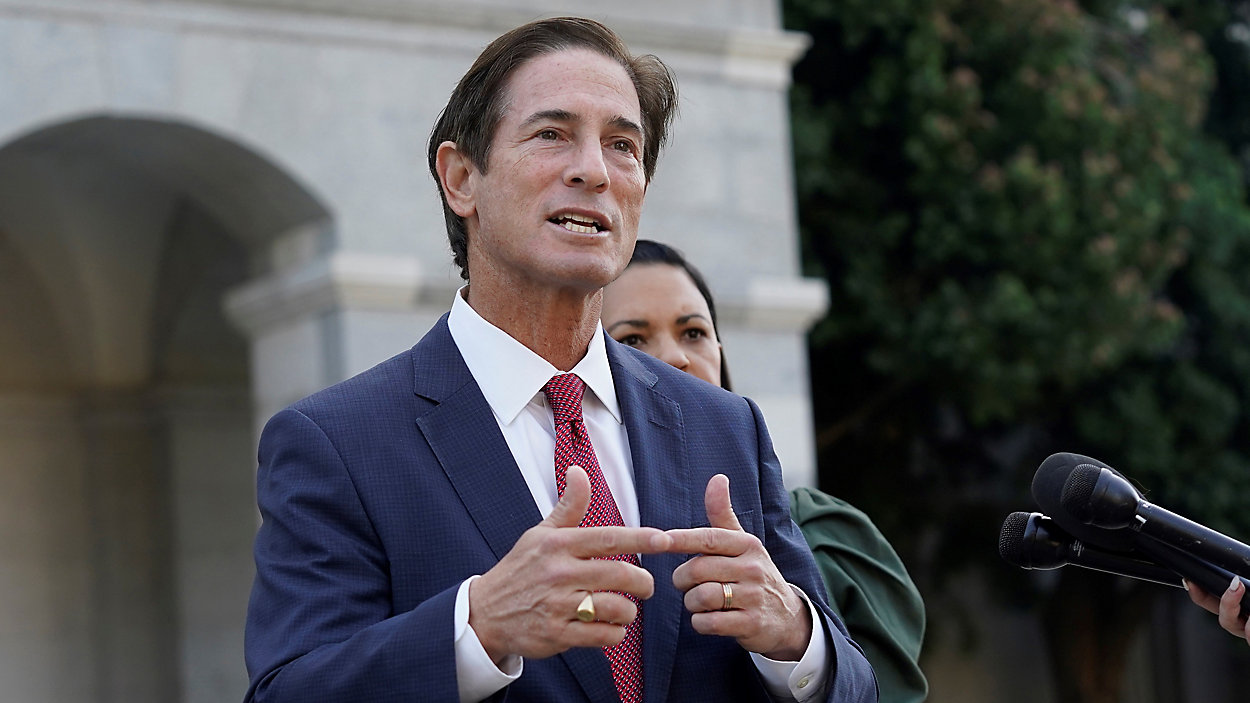Donald Cardwell, a British historian of science and technology, famously observed that “no nation has been very creative for more than an historically short period.” Known as Cardwell’s Law, this dictum haunts many people concerned about the future of innovation. Can the United States, or any other country, break free of the cage of Cardwell’s Law and create an environment that fosters innovation indefinitely?
To better understand this challenge, it helps to zoom in from the level of nations to that of cities, which often function as engines of innovation. While intended to describe whole societies, Cardwell’s Law scales down well to the level of individual urban centers. After all, city-states were the first states and served as the sites of institutional experimentation. And for a long time, it was cities, not larger nations, that commanded loyalty.
A grim message from my otherwise uplifting book, Centers of Progress: 40 Cities That Changed the World is that a city’s creative peak tends to be—as Cardwell noted—brief. As the British science writer Matt Ridley observed in the foreword to the book, “Global progress depends on a sudden series of bush fires of innovation, bursting into life in unpredictable places, burning fiercely, and then dying rapidly.”
Are there any exceptions to that rule? Have any cities managed to maintain longer-than-expected golden ages of innovation, and what can we learn from them?
The cities from earlier eras that I profiled in my book tend to be featured for their achievements over longer periods of time. That is, unfortunately, because in the distant past, progress was often painfully slow—not because someone had cracked the code to break Cardwell’s Law.
Writing, for example, developed over multiple generations, as simple pictographs that accountants invented for record-keeping purposes evolved into a symbolic script and eventually into highly abstract, cuneiform characters. The birthplace of writing was Uruk, an ancient Sumerian city. The most noteworthy part of Uruk’s history lasted for many centuries, but only because the city’s great achievement took generations to accomplish. We should hardly want to emulate a society that advanced at such a pace.
In contrast, when we turn to modern history, the pace of progress accelerates—but the creative window narrows. Manchester, the so-called workshop of the world, led the way during the Industrial Revolution, but only for a few decades. Houston’s heyday helping drive forward space exploration also only lasted a few decades. Today, the youngest living person to have walked on the moon is 89. Tokyo went from being a world capital of technology in the 1980s to decades of economic stagnation. The San Francisco Bay Area that birthed Silicon Valley and the digital revolution has lost its crown, with many technological breakthroughs now occurring elsewhere. In the modern era, the golden age of innovation in any locale tends to last only a few decades, or even less.
To understand why this pattern repeats so consistently, consider the underlying conditions that support—or sabotage—sustained innovation. The economic historian Joel Mokyr, in an illuminating 1993 essay, describes the narrowness of the path that societies must walk to promote creativity, a veritable tightrope where one wrong move can lead to everything crashing down. “In retrospect, the most surprising thing is perhaps that we have come this far,” he concludes.
What causes the downfall of centers of progress, making Cardwell’s Law so seemingly prophetic? While world-changing innovations have come from an extraordinarily diverse set of places, from Song–era Hangzhou to post–World War II New York, sites of creativity almost always share certain key features. It is the loss of those factors that spells their doom. These feature are: conditions of relative peace, openness to new ideas, and economic freedom.
Free enterprise and healthy competition encourage innovation, and the freedom to trade across borders plays an important role by increasing that competition. At the same time, free exchange across borders must not be confused with the total dissolution of borders: vast empires under centralized control tend to stagnate technologically, and complete integration of countries under a global government would in all likelihood be a disaster. A certain type of international competition can be beneficial—just not the kind of rivalry that leads to war.
War redirects creative energies toward making deadlier weapons and away from technologies aimed at improving living standards. And, of course, losing a war can lead to a society’s complete destruction.
Moreover, war prevents innovators from collaborating across borders, and even thinkers within the same country often cannot put their heads together due to the secrecy inherent in war. While some credit WWII with speeding up the creation of the computer, a case can be made that the conflict actually delayed the computer’s invention by preventing collaboration between many innovators, from Konrad Zuse in Berlin to Alan Turing in Great Britain. Even in peacetime, innovation can be stifled when freedom and openness are curtailed.
In short, progress is threatened when peace is lost to war, openness is stifled by the suppression of speech, and freedom is undermined by restrictive or authoritarian laws.
Hong Kong provides a recent and illustrative example of how quickly the conditions for progress can disappear. During its whirlwind economic transformation in the 1960s, Hong Kong rose from one of the poorest countries in the world to one of the wealthiest. It accomplished this feat through policies of “noninterventionism”: simply allowing Hong Kongers to freely compete and collaborate to enrich themselves and their society. But the city’s proud tradition of limited government, the rule of law, and freedom has been abruptly extinguished by a harsh and unrelenting crackdown from the Chinese Communist Party.
Despite sobering examples such as that of Hong Kong, there is reason for hope. Centers of progress are often short-lived, but the fact that throughout history most societies remained creative for only a short time should not discourage us. To defy Cardwell’s Law, all that is needed is a clear-eyed willingness to learn from the mistakes of the past and to fiercely protect the conditions needed for further progress.



























